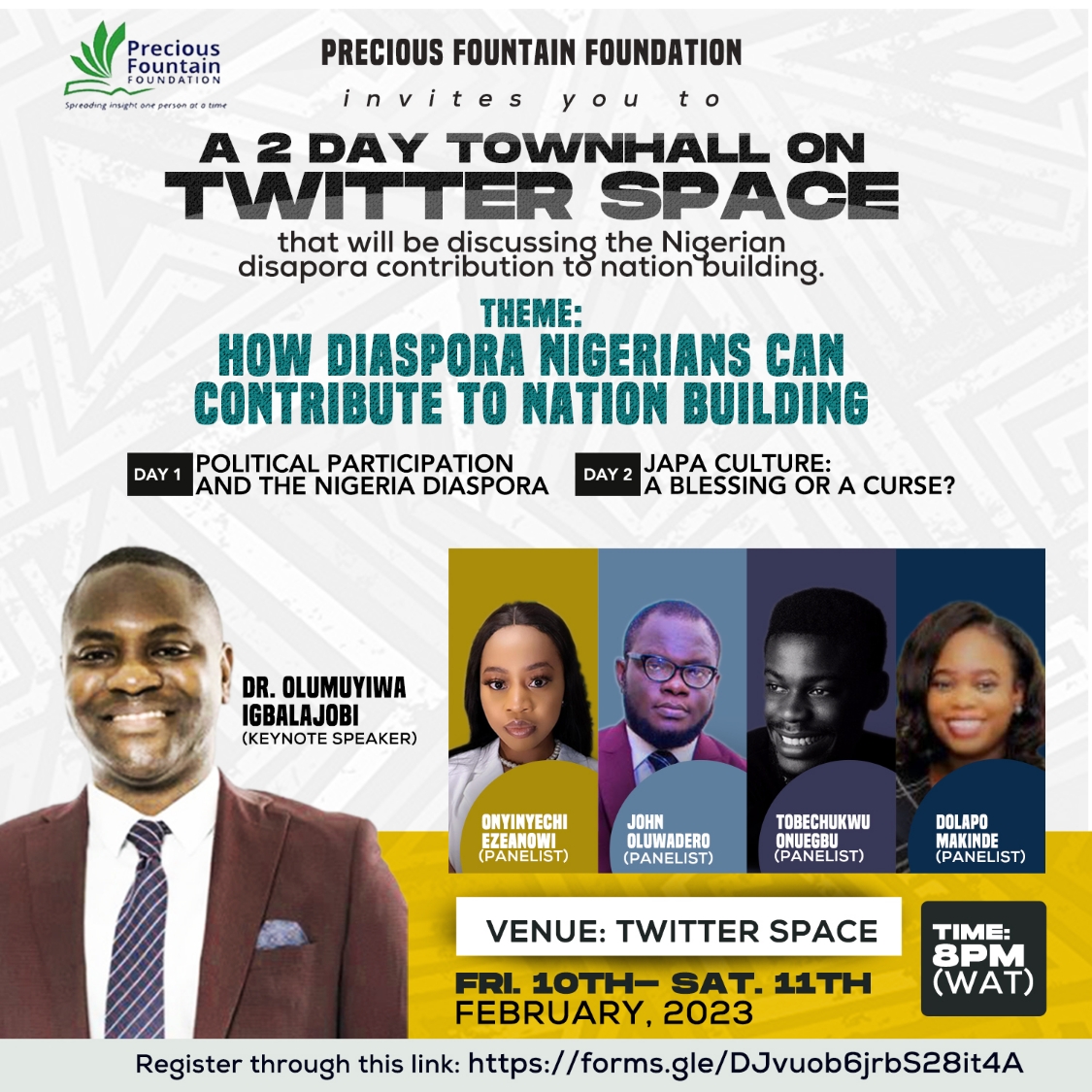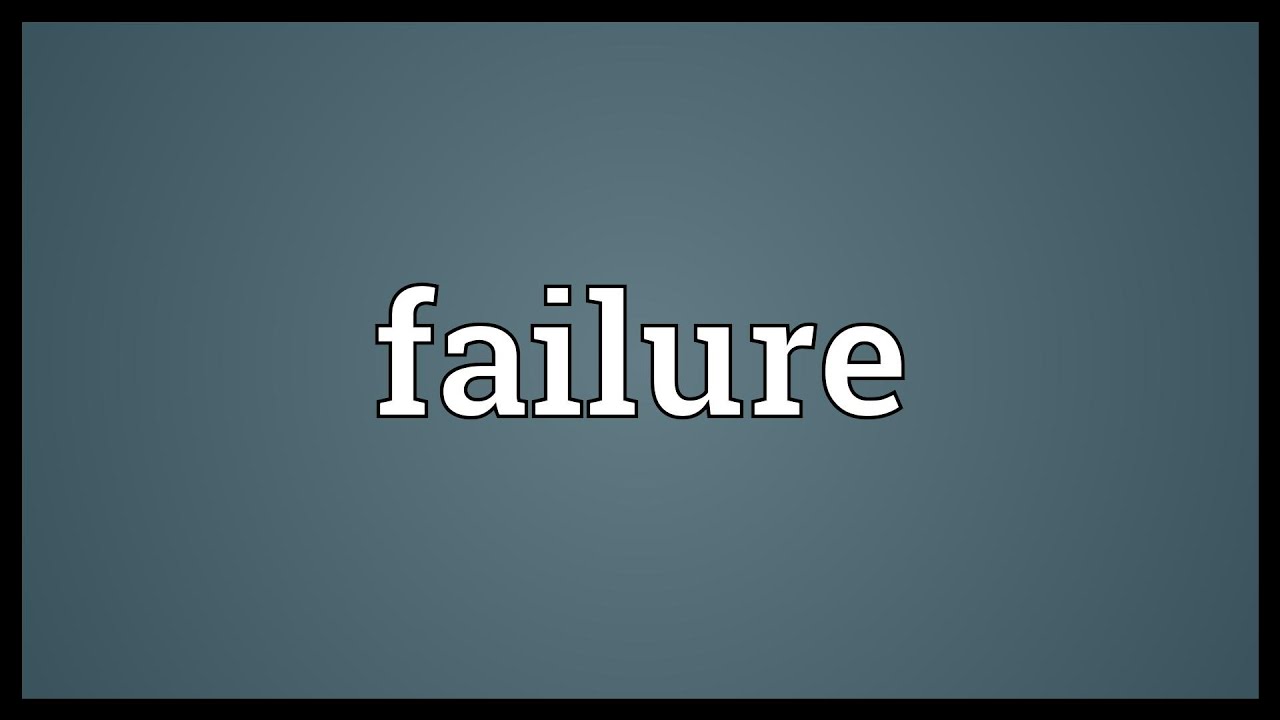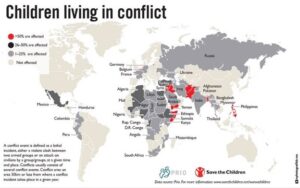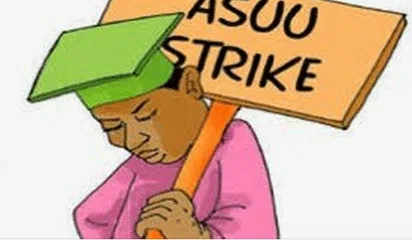In our world today, I have discovered many of our Youths don’t really know the distinction between these two words i.e, Education and Academics, I used to be ignorant anyways. Truth is, we can’t blame most of these people and as a matter of fact, I wouldn’t have blamed myself ,some were ignorant due to the culture or say, way in which we were brought up (this African Parenting and all), while we can actually blame some due to the things they were told or saw on social media, whichever way, we have been ignorant and we are still ignorant. How?
Many of us think Education is just about going to school, getting good grades through any means and graduating at the end before entering the labour market. Many think both Education and Academics mean the same thing. Of course, in a sense, they do because if one says one is educated, it’s more or less like saying one went to school! This ignorance has led many to saying the popular saying ‘School is scam’. The problem is that if most of these people knew what education is all about they would not have said that. Most of them think it’s just about displaying intelligence ,getting good grades, going for competitions and all, whereas, it is more than just that. You will hear them say things like; there are many people who did not go to school or did not finish their education and are occupying very important places in the world today, as true as this is, they still don’t really know what they are saying. Most people go as far as intentionally not being serious and focus on other things rather than their academics. I am not against that solely; I am just against the fact that they don’t really know what being educated really is. So without wasting much of our time, let us talk about what Education in itself means.
The English dictionary gives it two meaning which I like; The process or art of imparting knowledge, skill and judgment. From the definition, it means Academics in itself is embedded in education (formally), it means you can’t remove academics from education but you can remove the education from academics!
Let’s see how Academics is defined in the same dictionary; Belonging to an academy or other higher institution of learning; also a scholarly society or organization. Theoretical, having no practical importance.
It specifically states that it is theoretical, that means it does not really have practical importance. So, I can teach you academically how to build houses and all and you would never be able to build it! I can teach you academically how to prevent pollution in the environment and it would still never reduce! Of course, one might think since one has known the theory, then I can easily apply it. Well, you might be right in some sense but you can’t compare it to if I had practically educated you on that! Anything about academics must involve you going to school but education goes beyond that. Education covers all both formal and informal and this is a major distinction. Education goes beyond the school environment ,it involves the society at large. Let’s take two scenarios for example: the first person is A while the second person is B. A went to school just to make one or two friends and get distinctions alone, A does not attend to anything outside his academics and shuns every other thing away and keeps getting his good grades..
B went to school and initially, B planned to just go and be like A but he made some good friends and met some people that helped him to change his orientation and all, so B as much as he focused on his academics, strives to be involved in other things, learns a skill, built relationships that helped him later in life, attended conferences and seminars, engaged in extracurricular and read many books outside his discipline and though, he didn’t get as much distinctions as A but still had a good result…
Now the question is, who was actually educated between A&B? Who really got education and who really got academics? Now to the first question, I would choose both, because in the real sense, they were both educated, at least both went to school and have acquired knowledge. The second answer is B got education while A got only academics. B did not only acquire formal knowledge ,he also acquired Knowledge from different fields and tell me who will be of much relevance in the society but look at A, he didn’t get any informal education at all, he only got the formal one and this is what is really wrong with many of us today.
Yes, from the Primary level to Tertiary level. Most of us go to school just to acquire formal knowledge alone and all, we leave the place of; building relationships with others, engaging in extracurriculars, learning one or two skills, getting social education, attending some conferences and all and we claim we are educated, some have never even bothered to read books outside of their field or outside of their formal knowledge and we claim we are educated, this is why many of these so-called educated ones become mediocre in the society, there has to be a change. I believe at this juncture, I have been able to help us know the distinction between these two words. Like the saying, it is not over until it is over, whether you have been ignorant or not does not matter, what matters it you are no longer ignorant, so I would like to say one or two things to help us change.
Firstly, if we look closely, we would see that this burns out from the very young stage of growth and this is where I would really like to address our Parents and Parents-to-be, give good education to your children. Yes, emphasize on the fact that they have to put in their best and excel but also let them engage in extracurricular, during their breaks and holidays, let them learn one or two skills. Let them attend young conferences, know their talents and help them build it. Let them go for competitions outside their fields and all, don’t wait till they are waiting to gain admission to the University, right from their Primaries, they can start learning things, teach them personally at home.
Also to the schools too, create avenue for them to learn skills and Primary schools are not excluded, create time for them to engage in practical and entrepreneurial skills, create time for them to read books outside the academic world, don’t just restrict them to academics alone. Some schools organize things like social night, talent hunt, clubs and societies, these should be very much encouraged in schools especially the Secondary levels.
For the Tertiary Students, I would speak to us as individuals because I believe most of us have been exposed to some of the things I had mentioned about education in your Primary or Secondary levels, build on them and become better, otherwise, learn one or two skills while you are in the University, equip yourself. As much as you want to make good grades; attend Conferences, build relationships, read good books outside your field, get social education, learn good communication skills, mingle with not only your mates but also with people in higher levels, be inquisitive, know what your friends in others discipline do and learn one or two things from them, read news and know what is going on in the society etc. Don’t let school pass through you, ensure YOU PASS THROUGH SCHOOL TOO!
Get real Education and see yourself become relevant in the future!













